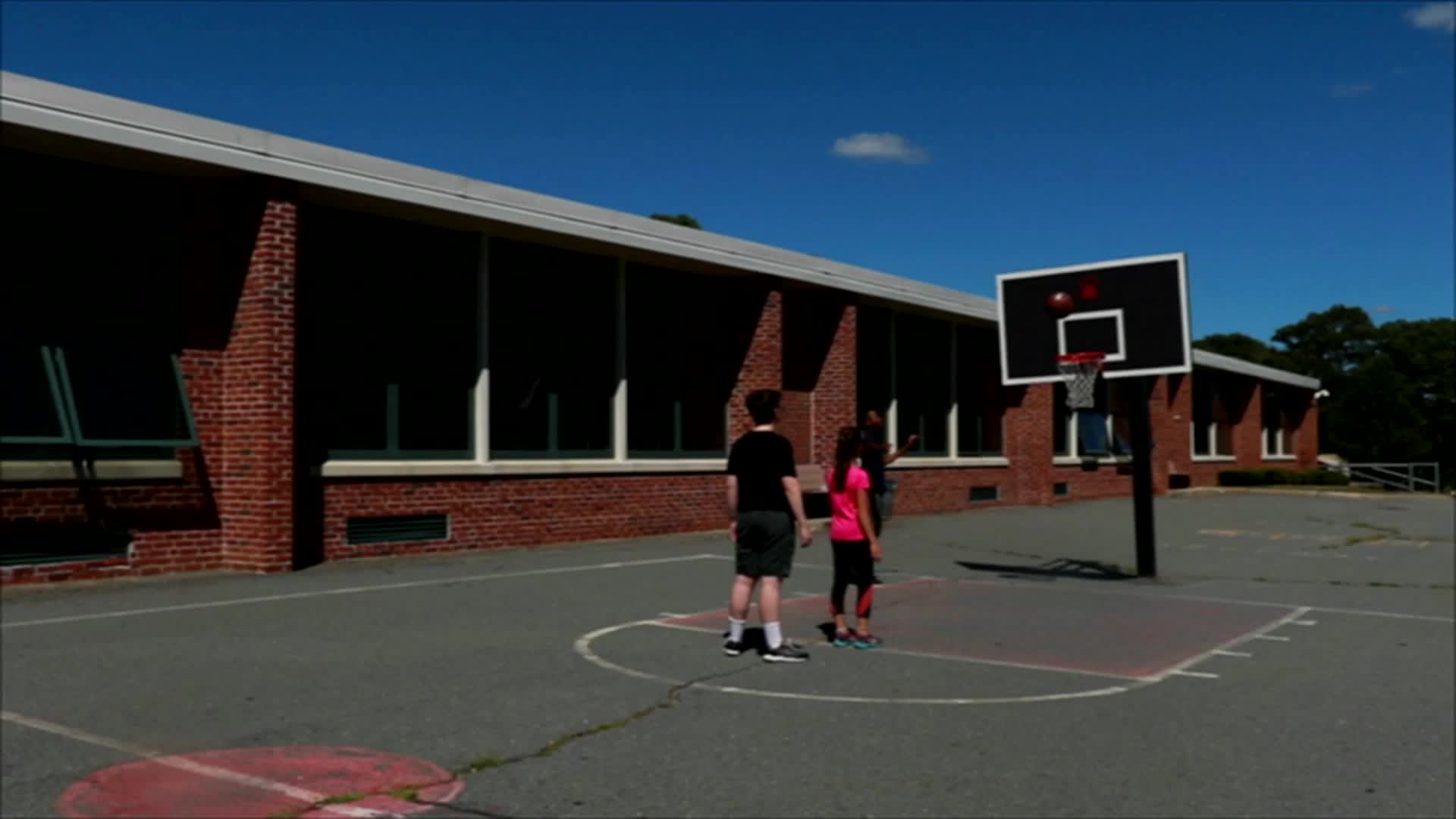Special education plays a crucial role in the development of children with unique learning needs. In this post, we will explore a target skill that significantly impacts students’ learning, social interactions, and overall wellbeing.
Understanding Social Skills in Kindergarten Students
The target skill we are focusing on is social skills in kindergarten students. Social skills encompass a range of abilities, such as playing with others, building friendships, and effectively communicating with peers. Developing these skills is essential for students’ emotional and cognitive growth, as well as their ability to form meaningful relationships.
The Role of Specialists
Various specialists work together to support the development of social skills in kindergarten students:
- Speech-Language Pathologists: They help students improve their communication abilities, which are crucial for forming and maintaining friendships.
- Social Workers: They provide guidance on appropriate social behaviors and help students develop problem-solving skills.
- Psychologists: They assess and address any underlying emotional or behavioral issues that may hinder the development of social skills.
- School Counselors: They offer support in developing students’ self-esteem and confidence, which are vital for healthy social interactions.
IEP Goals for Social Skills
Here are some specific SMART IEP goals for developing social skills in kindergarten students:
-
Goal: The student will initiate play with peers by asking to join in at least 3 times per week.
- Strategy: Practice role-playing scenarios with students to help them learn how to ask to join play.
- Activity: Encourage students to participate in group games and activities that promote social interaction.
-
Goal: The student will identify and engage in activities that they have in common with their peers at least 2 times per week.
- Strategy: Teach students to ask questions about their peers’ interests and preferences.
- Activity: Organize group discussions where students can share their hobbies and interests with one another.
-
Goal: The student will demonstrate appropriate group behavior by observing and mimicking peer actions during group activities at least 4 times per week.
- Strategy: Help students develop their observation skills by practicing in structured group settings.
- Activity: Provide opportunities for students to participate in group games that require attention to others’ actions.
Implementing and Measuring Progress
When implementing IEP goals, it is vital to provide consistent support and encouragement to students. Regularly review the strategies and activities to ensure they remain effective. To measure progress, document students’ achievements and challenges, and adjust goals as needed.
Conclusion
Developing social skills in kindergarten students is crucial for their overall development and wellbeing. By implementing effective IEP goals and strategies, educators can support students in forming meaningful relationships and becoming successful learners. We encourage you to apply these IEP goals and explore additional resources available at Everyday Speech Sample Materials.






